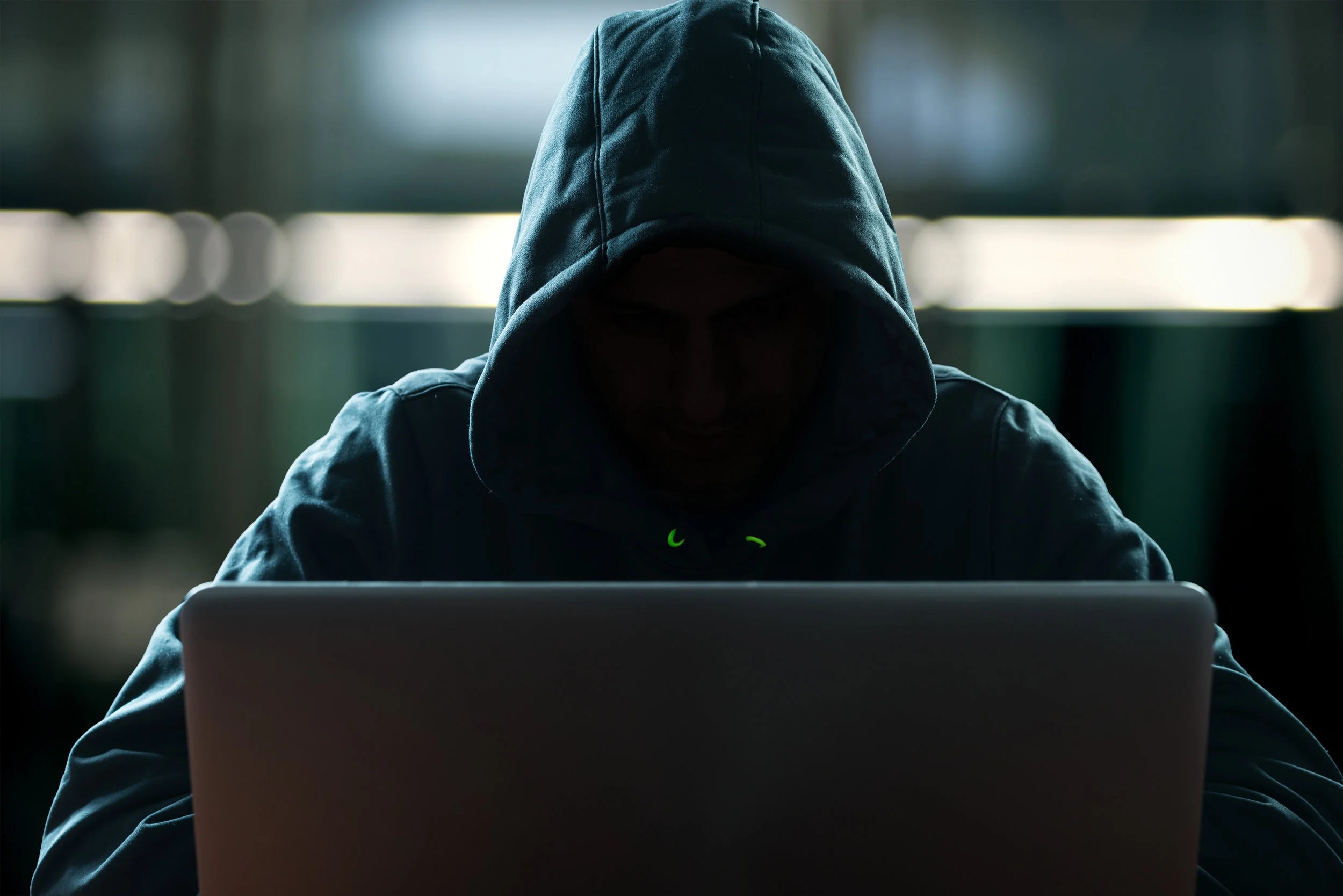Recent news headlines have placed hacked social media accounts at the top of current security threats. Hackers hijack personal social media accounts and personas in order to push their own agenda through a familiar, friendly face. From an outsider’s perspective, a Facebook friend posting their political thoughts may appear to be an innocuous expression, but nothing could be worse in this hyper-linked world than having your own private account being used to spew viewpoints with which you NEVER want to associated. So what can you do to protect yourself from making social media headlines for something you did not say?
1. Set Your Account’s Security as High as It Can Go
Lots of social media websites such as Facebook and LinkedIn offer different layers of security beyond the simple username and password system that their users can turn on or off. This might include asking authentication questions every time someone tries to log-in to your account, or automatically signing you out if you close the tab with that website, or making a really hard password for algorithms to guess. Sure, it may make getting online more inconvenient, but adding even one more layer of security makes it that much harder for a bot to get access to your newsfeed.
2. Set Your Feed and Posts to Private
A low profile does not attract attention both in real-life and in your private life. Most social media websites provide users with the option to keep their posts visible to only other users you have given permission to view. Yeah, you have to sacrifice the potential to become viral with your awesome jokes if you do this, but at least you won’t go viral with vitriol.
3. Don’t Accept Invites from Strangers
Just like your mom always told you to not accept candy from strangers, don’t accept any sort of invites from people you don’t know. If you followed the last point of advice, this is especially crucial. It is better to be the initiator of all invites because you know who you know. Although, do be careful with who you send invites to as well; just because someone has the same profile name as your actual friend does not mean they are your friend.
4. Access Your Account through Secure Browsing Mode
All the major internet browsers offer some form of secure browsing that covers up your personal trail as you browse the wilds of the internet. Turning this mode on will make it more difficult for would-be hackers to track you down.
5. Do Not Link Accounts Across Social Media Sites
Some websites make it real easy to sign up by offering a “link my account’ option. As tempting as it may be to do so, avoid linking the accounts. Once one of the profiles linked together gets hacked, the hacker can get access to your other profiles quite easily. You can limit the damage in the first place by simply keeping your accounts unlinked.
6. Sign Out of Your Account Every Time
This advice is on the same obvious level as “make a difficult password”, but people still forget this basic step. Logging out prevents other people from either physically or remotely stealing your computer and then taking control of the social media accounts they want to use. Once more, a little inconvenience is worth being safe from trolls and hackers.

